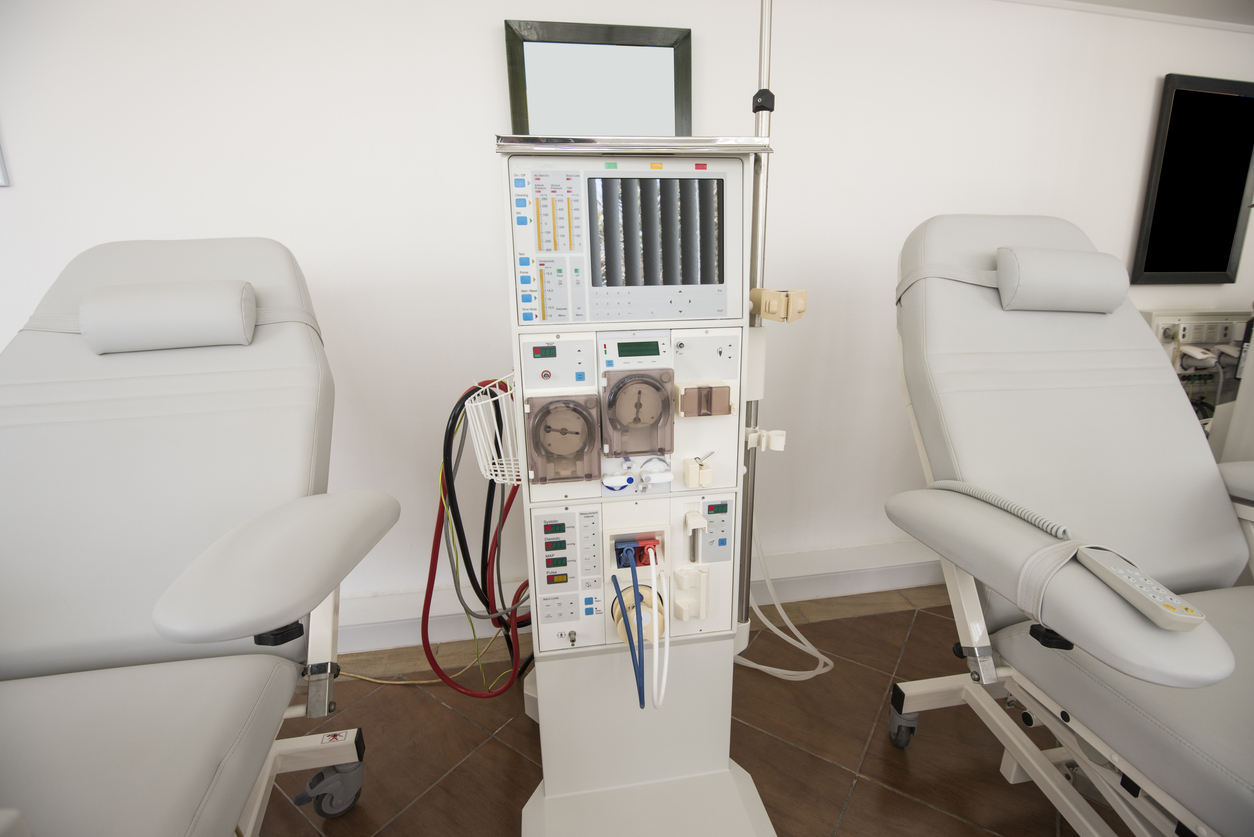State Advocacy Update – Council of State Governments Meetings
DPC’s two State Advocacy Directors have been busy advocating for dialysis patients this summer. Pamela Zielske, DPC’s Western Region Advocacy Director, attended the 77th Council of State Governments Annual Meeting in Portland, Oregon earlier this month. The event provided an outstanding opportunity to cultivate relationships with state legislators and attend policy sessions and legislative learning labs, including one hosted by Fresenius Medical Care on Improving Equity and Health Outcomes in Kidney Health Care. With legislators in attendance from 13 western states, the CSG West Meeting was a tremendous opportunity to elevate our advocacy work on behalf of dialysis patients with [...]










